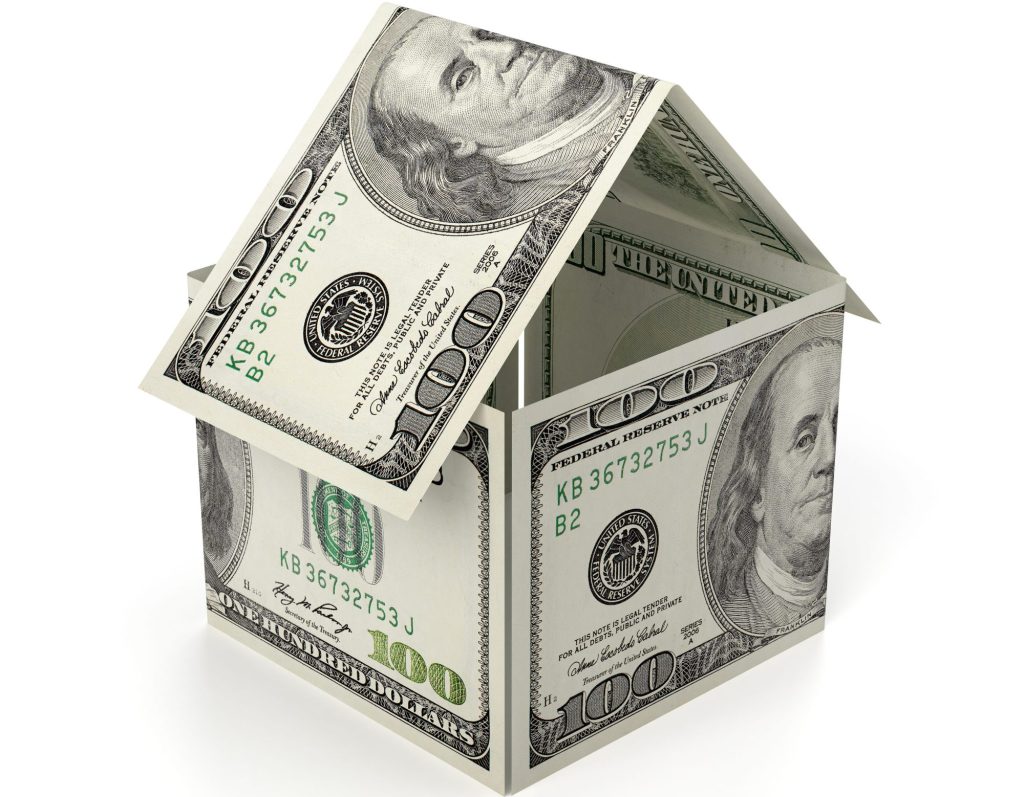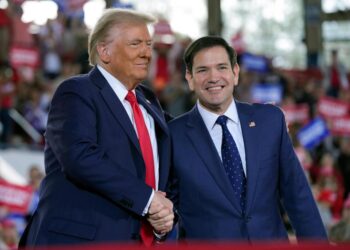Washington state lawmakers last year dedicated a record $400 million to the state’s Housing Trust Fund, which distributes loans and grants to create affordable housing.
But that was only a one-time infusion, said Democratic state Rep. April Berg.
“What we heard from communities is that we need to know, year over year, that we can actually start doing projects and money will be flowing,” she said.
To create a long-term revenue stream, Berg has proposed raising taxes on the most expensive real estate transactions, an increasing nationwide trend sometimes dubbed a “mansion tax.”
Her legislation would increase the state’s tax on property sales above $3 million while decreasing the tax rate for less expensive sales. The change is estimated to create an additional $300 million in revenue each biennium, said Berg, chair of the House Finance Committee.
“This will be transformative for affordable housing,” she said.
Washington is by no means alone. In the city of Los Angeles, Measure ULA is imposing a new “Homelessness and Housing Solutions Tax” on transfers of residential and commercial real property in the city of Los Angeles valued in excess of $5 million.
But development and real estate interests in Washington and across the country argue that higher transfer taxes will drive up the cost of housing for tenants as well as for wealthier homebuyers, since the taxes often apply to apartment buildings in addition to single-family homes. At a time of already limited supply and high interest rates, they say, that is the wrong approach to improving the affordable housing crisis.
“You can’t make housing more affordable by making it more expensive,” House Minority Leader Drew Stokesbary, a Republican, told the Washington State Standard.
Washington’s current tax has four tiers. The portion of the sales price up to $525,000 is taxed at 1.1%; that ranges upward until the portion above $3.025 million is taxed…
Read the full article here







